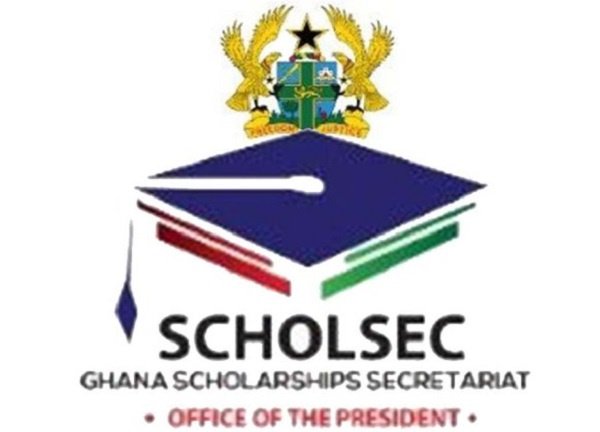Civil society organizations (CSOs) within the education sector are demanding an immediate halt to all foreign master’s program scholarships.
Their stance is a direct response to an advertisement by the Ghana Education Trust Fund (GETFund) inviting applications for foreign master’s program scholarships, which the CSOs view as a misuse of scarce taxpayer resources.
According to CSOs like Africa Education Watch (Eduwatch) and the Institute for Education Studies (IFEST-Ghana), GETFund’s actions are deemed illegal, deviating from its original mandate and contradicting its limited role in scholarship provision.
Quoting Section 2(b) of the GETFund Act, 2000 (Act 581), CSOs emphasize that the fund is intended to supplement the National Scholarship Secretariat’s efforts in awarding scholarships to deserving yet financially needy students within Ghana, rather than directly managing foreign scholarships.
IFEST strongly believes that financial accessibility is increasingly becoming the primary barrier to tertiary education due to the Student Loan Trust Fund’s (SLTF) unresponsiveness to student needs.
The SLTF’s inadequate funding has resulted in around 30 percent of applicants being denied financial assistance for tertiary education.
The average annual student loan amount of GH₵2,250 is insufficient to cover the expenses associated with tertiary education in Ghana, leaving students with limited options for managing their finances.
Despite these challenges, GETFund is willing to cover the average cost of a one-year foreign Master’s scholarship, amounting to GH₵400,000.
“For GETFund to even conceive the idea of awarding foreign Masters’ scholarships in Ghana today is unconscionable,” stated Peter Anti, Executive Director of IFEST.
Given the 2023 Gross Tertiary Enrollment (GTE) rate standing at 19.2 percent alongside a 34 percent secondary-tertiary transition rate, particularly with Ghana’s remarkable 60 percent WASSCE pass rate in Core Subjects, the Ministry of Education (MoE) likely harbors concerns about the financial obstacles preventing senior high school graduates from pursuing further education.
Additionally, the MoE may find cause for concern in the slow progress toward Ghana’s stated goal of achieving a 40 percent GTE by 2030, a target set in 2018. Despite five years passing, the rate has only increased by three percent from the previous 16.97 percent.
“The decision to spend scarce education sector resources on foreign scholarships for Masters’ students who end up studying courses existing in Ghana is not only wasteful but does not represent prioritised spending in a sector with over 5,000 basic schools under trees, sheds and dilapidated structures in the 21st century,” Executive Director-Eduwatch Kofi Asare stated.
Foreign scholarships and ‘Value for Money’
An examination of non-bilateral public foreign scholarships in Ghana reveals that more than 95 percent of these programs are not only offered domestically at Ghanaian universities but also come with a 20-fold increase in costs for studying abroad. Such a scenario fails to guarantee value for money and should be discouraged, aligning with President Nana Akufo-Addo’s commitment to safeguard the public funds.
Why parliament must oppose the move
The CSOs have urged parliament to intervene and halt GETFund’s actions, citing the absence of provisions for such expenditures in its 2024 budget allocation.
They clarified that parliament approved a GH₵3.9 billion allocation to GETFund in March 2024, following a specific distribution formula that did not encompass GETFund scholarships. Therefore, GETFund’s intentions to directly fund foreign scholarships in 2024/25 fall outside the approved expenditure items outlined in the 2024 GETFund formula ratified by parliament, rendering them unlawful.
“We urge parliament to prevent GETFund from spending on foreign scholarships, not just because it is unapproved by parliament but also amounts to wasteful spending of taxpayers’ money,” they stated.
The CSOs have additionally called on the Minister for Education, Yaw Osei Adutwum, to direct GETFund to halt the current foreign scholarship application process.
Auditor-General on GETFund
It’s worth noting that the Auditor-General, in the 2019 GETFund Performance Audit Report, advised GETFund to adhere to Section 2(b) of the GETFund Act, refrain from managing foreign scholarships, and instead allocate funds to the Scholarship Secretariat for scholarship management.
This recommendation from the Auditor-General, endorsed by GETFund since 2020, should be maintained.


